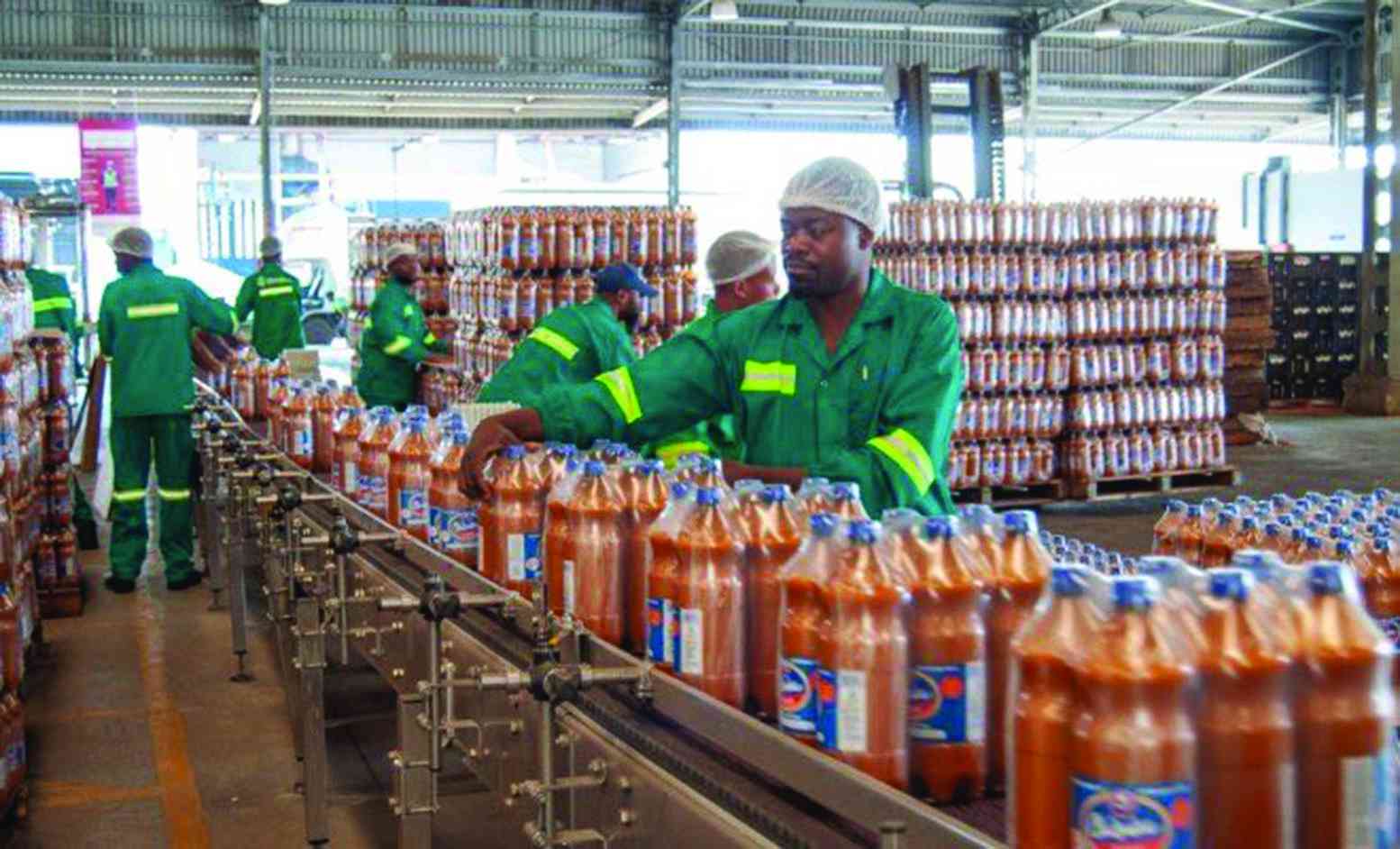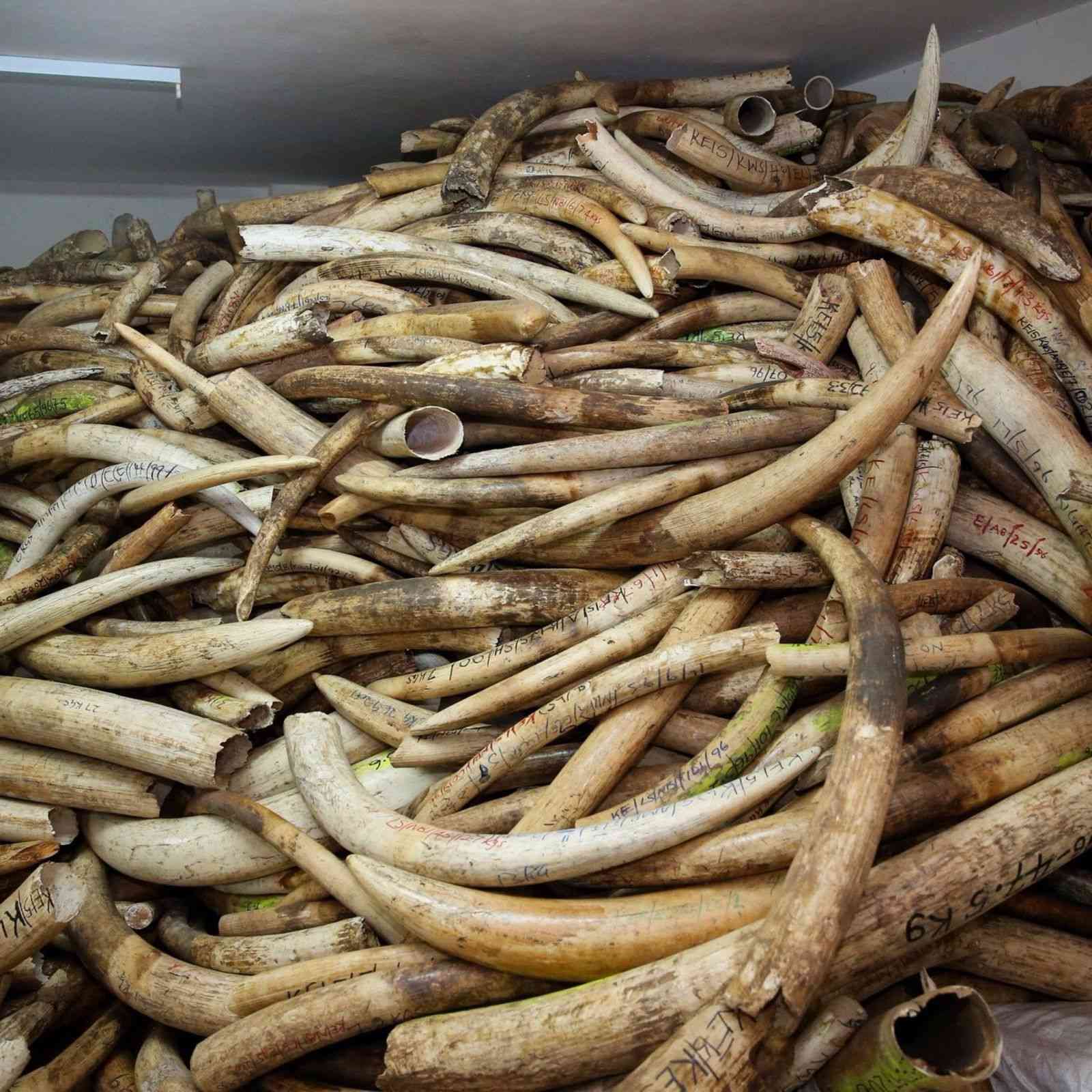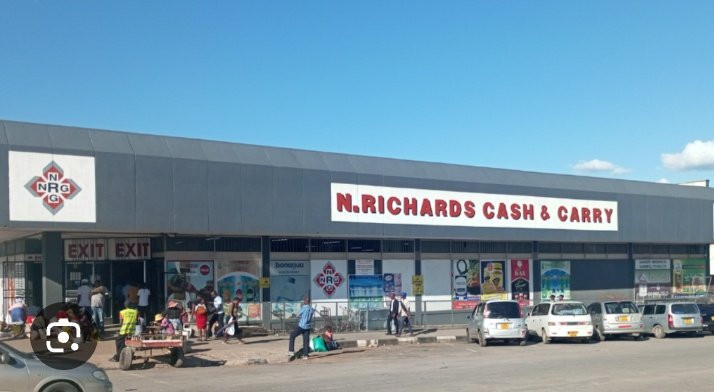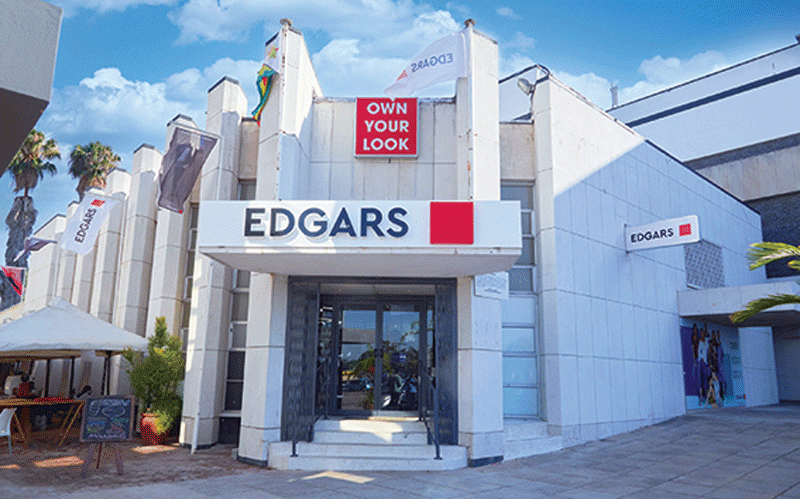
Delta Corporation Limited has invested about US$20 million to assemble a Chibuku Super line in South Africa, businessdigest can reveal.
This comes as the company recently launched two new flavours of its Chibuku Super beer brand under the sorghum segment as the firm seeks to offer differentiated products and choices to meet the market's dynamic needs.
Delta chief executive officer Matlhogonolo Valela told businessdigest that assembling of the line was almost complete.
“Nine months ago, we placed an order for the Chibuku Super line which is being commissioned now in Johannesburg,” Valela said. “It’s almost finished and we hope that we will now have Chibuku Super in South Africa. It is our first step there. We will see how the market reacts.
“We have spent approximately US$20 million in South Africa for this project. We have spent the last year marinating the South African market with Chibuku Super exports from Zimbabwe because that is the only way to move the South African consumer from the home-brewed Umqombothi to the consumption of commercial products.”
Velela said Chibuku Super was selling better on the local market, hence the need to promote the product in the region.
“In Zimbabwe, we are selling almost two litres for every litre of lager beer sold. In South Africa, it’s only a minuscule fraction. We need to try and move the ratio to balance it out to show that there are people who consume our heritage sorghum beer. We need to make sure that we can give them the variants that we are selling in Zimbabwe.”
The Delta chief said the two new flavours of Chibuku Super — ginger and pineapple — had been well received in the local market.
- Mavhunga puts DeMbare into Chibuku quarterfinals
- Bulls to charge into Zimbabwe gold stocks
- Ndiraya concerned as goals dry up
- Letters: How solar power is transforming African farms
Keep Reading
“In South Africa, we already had Chibuku Super in banana flavour, what we call it the Pan-African liquid in South Africa. In Zimbabwe, we had Chibuku Super and Chibuku Banana, and now we have launched ginger and pineapple,” he said.
“The initial take-up has been very exciting and very interesting. We initially started doing those in Harare now we are rolling it out into other provinces so that we can have it countrywide properly.
“I think it has reached all corners of the market, but we have not supplied enough, that’s why we are now rolling out production to other centres because we are supplying all these variants from only Chitungwiza initially, but now we are rolling it out to all the other breweries.
“Right now, I do not have an exact number of litres sold. But we are certainly seeing a 1 or 2% increase in the products sold in the new variants in the recent past, suggesting that the take-up is very good.”
He mentioned that going forward, the company aims to introduce more flavours and tastes according to the consumers’ needs.
“Well, I think down the road, we need to give consumers choice. The young people are demanding mixology and various tastes and we have to satisfy the consumer. We hope that we have released enough for now, but there is no stopping innovation. Down the road, we have to roll out some more products to keep the consumers excited and having choices.”
The beverages maker has been attracting more than half of investors participating on the Zimbabwe Stock Exchange (ZSE), where it trades its stock.
Delta’s market capitalisation has soared by 37% to US$1,03 billion as at the week ending February 4, 2024.
Its market capitalisation was US$755,18 million at the end of 2023, according to local market researchers ZSE Technician.
Since the start of the year, equity trades have been overwhelming, dominated by trading in Delta as investors have sought a stable counter to hedge against the depreciating local currency.
The gain represented a US$278,71 million rise in Delta’s valuation, making it the most valuable counter on the ZSE.











